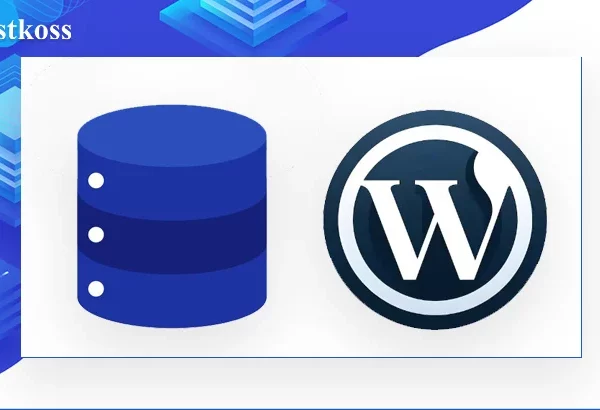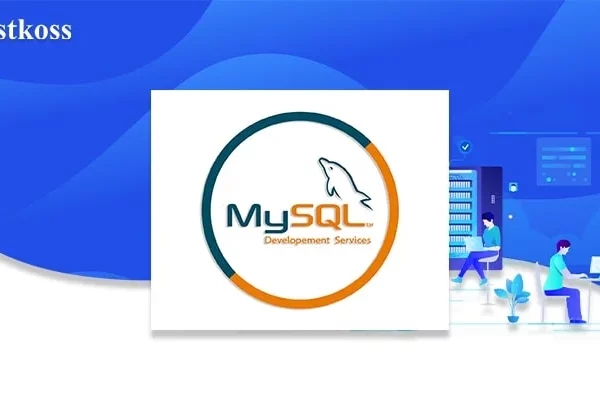Databases are collections of information, usually organized in tables. Data in databases is stored in such a way that it can be easily retrieved and used by a computer program.
Databases are important to businesses because they store information that is essential to the operation of the company, such as customer information, inventory records, and purchase orders. This type of information can be accessed quickly and accurately without having to sort through stacks of paper records or try to remember where each piece of data is stored.
What are RDBMS, NoSQL and SQL databases?
A relational database management system (RDBMS) is a type of database that is used to store, retrieve, and manage data in tables. It stores data in rows and columns.
NoSQL databases are designed to solve problems that RDBMS cannot, such as unstructured data storage, distributed storage, scalability and performance.
SQL databases are faster than NoSQL databases, but they are inherently non-scalable. They do not support unstructured data well, due to which they cannot be used for big data analytics purposes.
How the database works
A relational database stores data in tables. Tables consist of rows and columns. A row is an individual record in a table, and a column is a specific field in each row.
A columnar database stores data in columns, which are the defined fields in each row. The columns are stored in sorted order to make it easier to query them.
Key and value stores store data either as key-value pairs or key-value lists. This means that all data is stored as objects, and you don’t need tables or rows to organize it.
Types of databases and advantages/disadvantages of each type
Relational databases are the most common type of database used today. They store data in tables with rows and columns. These databases can be accessed using SQL, a language designed for this purpose.
Columnar databases store data in the form of columns, which is more efficient than row-based storage. This allows for faster querying and updating of the database. Column-based databases also take up less memory than row-based databases, which means they require less RAM to run.
Key and value stores are different from relational and columnar databases because they do not require a pre-designed schema and allow data to be stored in any order without having to define their structure in advance.
Conclusion:
Databases are a collection of data organized in a way that makes it easier for people to find and use them. Databases are an integral part of any organization. They help to organize all the data collected by a company and make it accessible. They can be used for a variety of purposes such as storing customer information, processing transactions or tracking inventory.
Read also:
- How to create a MySQL database dump and why you should do it
- Choosing the best OS for your server: CentOS vs Ubuntu
- Configuring HTTP/2 support in Nginx on Ubuntu 18.04
- What is a VDS/VPS server and how to choose the best one?
Questions and answers about the database
Databases help businesses organize, store, and retrieve data efficiently, enabling better decision-making and streamlined operations.
Businesses can choose from relational databases (SQL) and non-relational databases (NoSQL), depending on their data storage and processing needs.
Databases offer robust security features such as encryption, access controls, and audit trails to protect sensitive information from unauthorized access or breaches.
Challenges of database management include data fragmentation, data integrity issues, and choosing the right database solution for specific business needs.
Best practices for database management include regular backups, data encryption, and maintenance and updates to ensure optimal performance and security.


